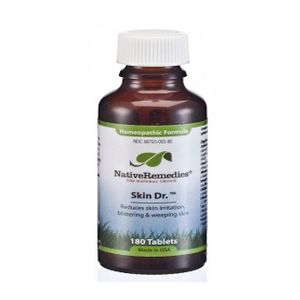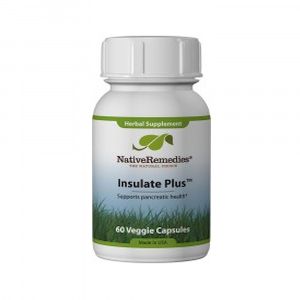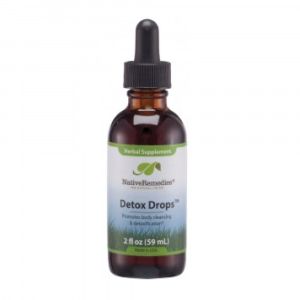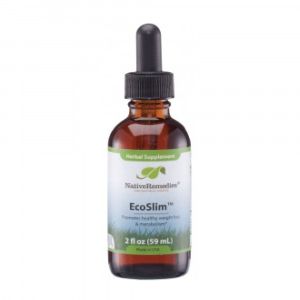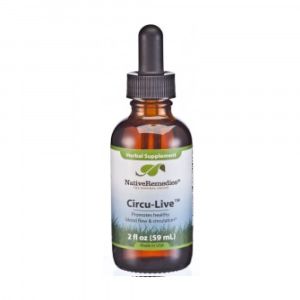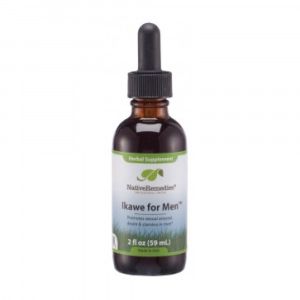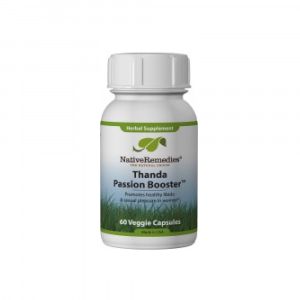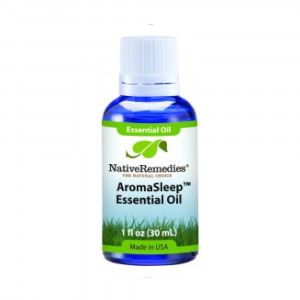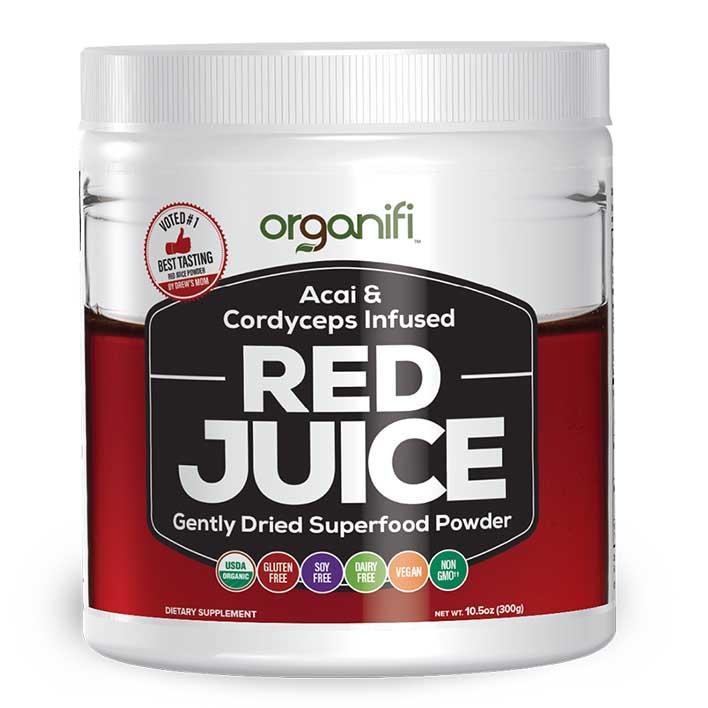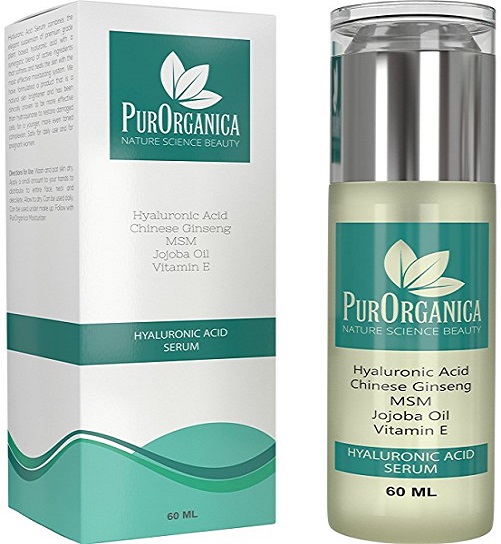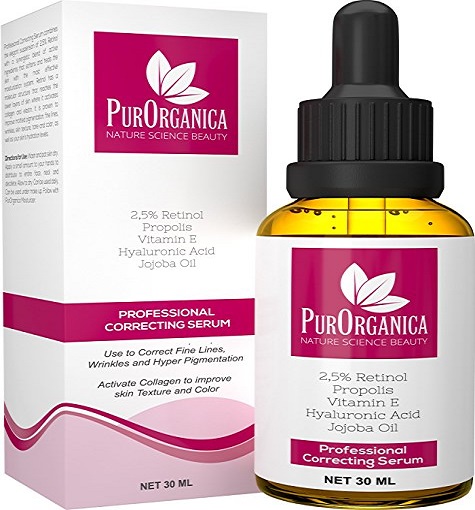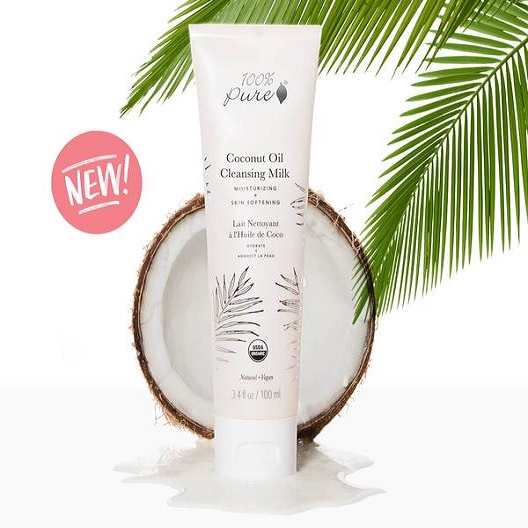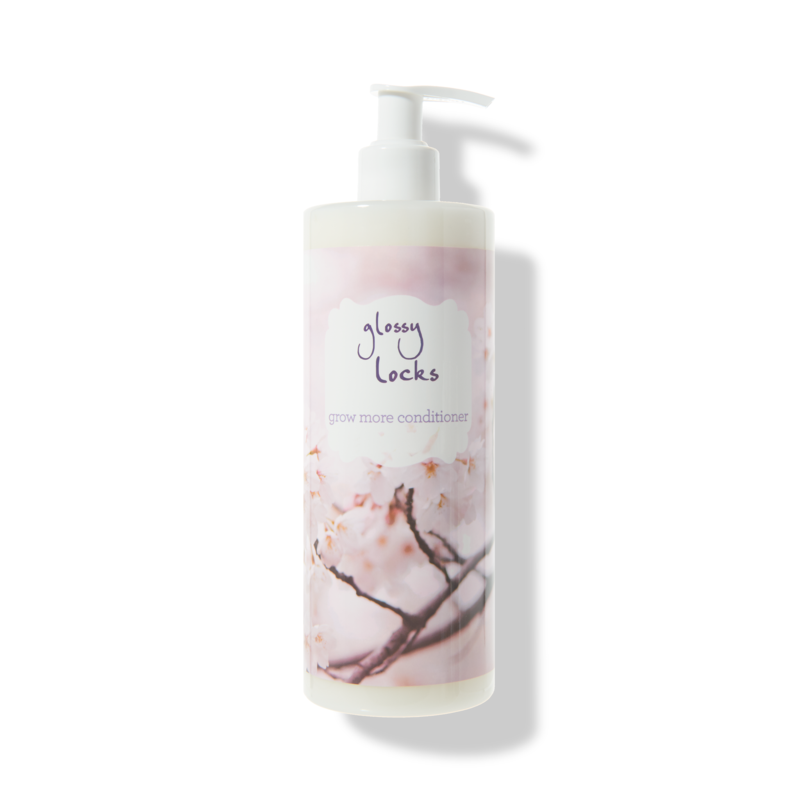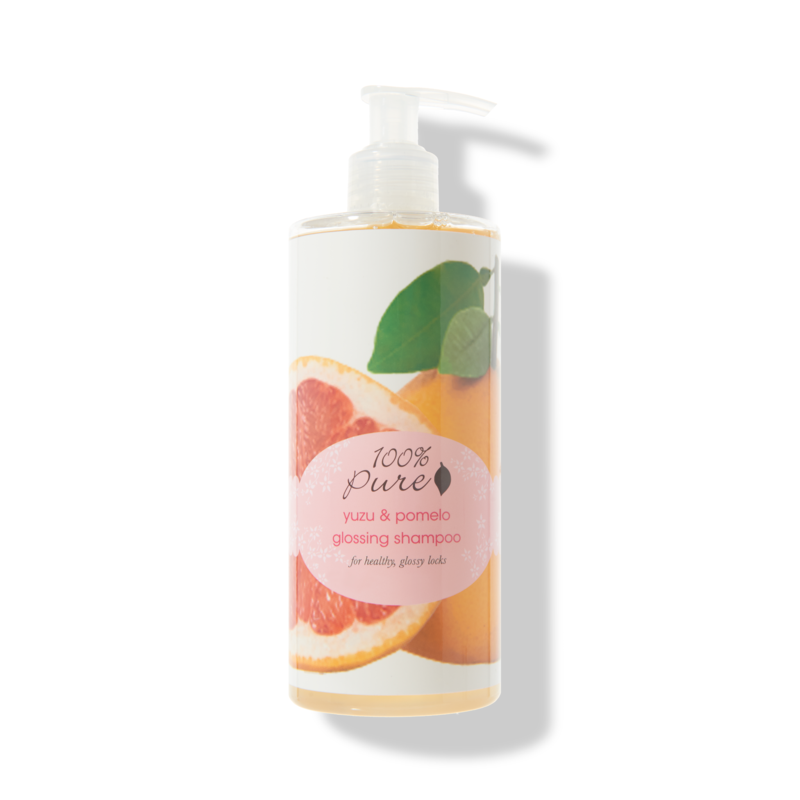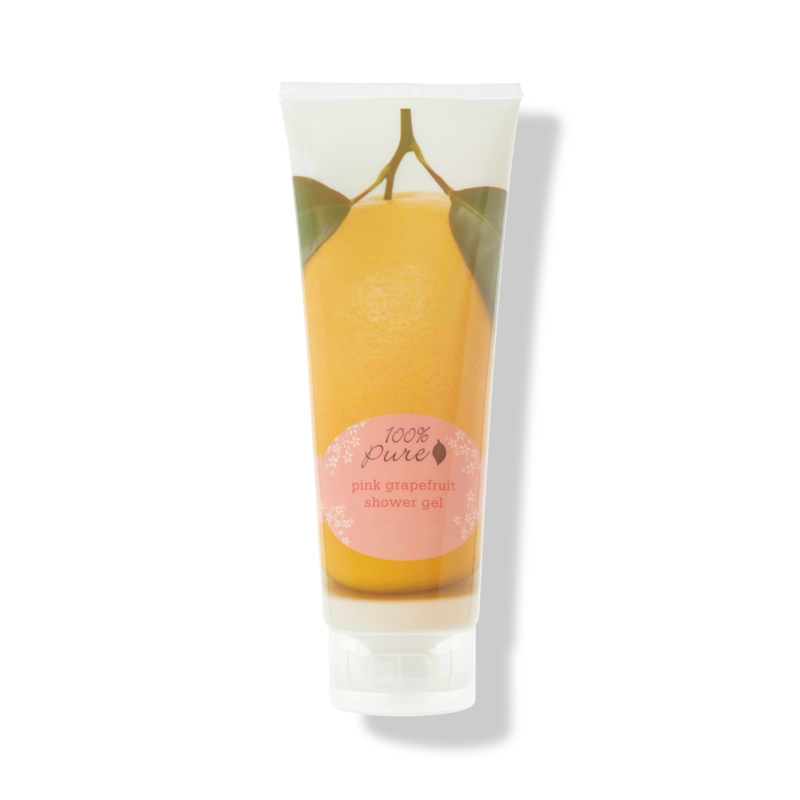Using Herbal Medicine As Complementary Medicine For Diabetes
Diabetes, while not as prevalent as it is today, has been around for many more years than have been the medicines we use today to combat the disease. In years past, it meant reliance on herbal medicines to control the diabetes and complications of the disease.
Traditional Chinese Medicine or TCM for short has used medicinal herbs and plants for thousands of years to treat many conditions. In fact, Eastern culture is the epicenter of natural remedies and they are still actively used today. While in modern times and in Western culture, herbal medicine may not be as necessary as it once was, it is very popular and can be used as a complementary medicine for diabetics who want a more natural way to manage their condition.
Here are some herbal remedies often used by trained herbalists to treat the diabetic condition:
• Bitter melon. This is a remedy that can actually lower blood sugar; it is taken in juice-form at about 3 to 6 tablespoons per day. It blocks the absorption of sugar from the gastrointestinal tract and reduces insulin resistance in type 2 diabetes. Research has been done in humans, showing a reduction in blood sugar of men and women who took it as opposed to those who only took a placebo. It can cause an upset stomach in sensitive individuals.
• Gymnema Sylvestre. This herb has an interesting way of curbing a sweet tooth for those with or without diabetes. When its leaves are chewed, it actually paralyzes the tasted buds that will not allow them to taste sweets. It also acts on the cellular enzymes that use glucose for fuel and stimulates the production of insulin by the pancreas. The usual dosage of Gymnema sylvestre is to take 200 to 250 milligrams twice per day.
• Prickly pear cactus. This plant-based medicine is used to lower blood sugar in diabetics. It comes as a juice, a whole fruit, or as a powder at supermarkets or health food stores. Researchers don’t know exactly how it works but it may have something in it resembling insulin. You can follow directions on the health food bottle or you can eat a half cup of cooked cactus fruit each day for mild-moderate blood sugar control.
• Magnesium. Diabetics are especially prone to being deficient in magnesium. Low magnesium in the body interferes with insulin sensitivity, thus raising the blood sugar. There have been some research studies that, in magnesium deficient diabetics, the addition of magnesium does have a positive effect on blood sugars. If, on the other hand, you aren’t deficient in magnesium, more magnesium might not help.
• Gamma Linolenic Acid. This is also called GLA and is found as a fatty acid in evening primrose oil. It is especially useful in managing diabetic neuropathy or diabetic “nerve pain”. It is taken as a liquid or caplet supplement at about 270-540 milligrams per day. Research has shown that diabetics are deficient in GLA and so it is worthwhile to take regardless of how painful your nerves are.
• Chromium. Chromium is a trace mineral that helps insulin work well. It also plays a crucial role in the metabolism of carbohydrates, proteins and fats. Like magnesium, it only works well if you are a diabetic that is also low in chromium. The recommended supplementation is about 200 milligrams per day.
• Alpha Lipoic Acid. Also called ALA, this fatty acid is known to neutralize dangerous free radicals in the body, preventing many diseases. Taken at 600-800 milligrams per day, this is a supplement that helps in both lowering the blood pressure and easing nerve pain in diabetics. Free radicals are especially high in diabetics so anything that can reduce these damaging blood chemicals in the body is an excellent supplement to consider taking. One German study was done on ALA by German researchers, revealing that supplementing with ALA versus placebo actually improved sensitivity to insulin by 27 percent (when compared to placebo). It is subscribed in high doses in Germany to treat diabetic neuropathy related nerve pain.
While your doctor might not know much about these remedies for diabetes, a trained nutritionist or herbalist will be able to help you in taking these natural herbal supplements for diabetes. Keep checking your blood sugar so as to identify which supplements work the best and in what amounts.














